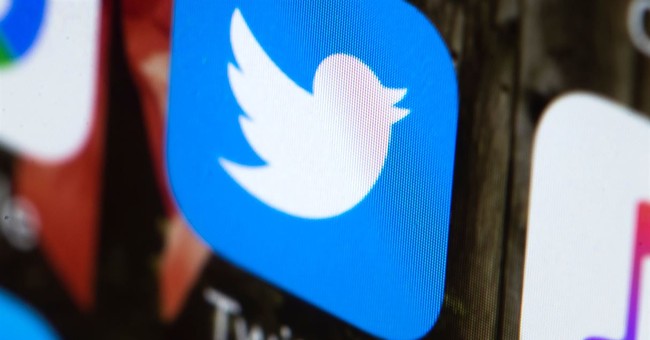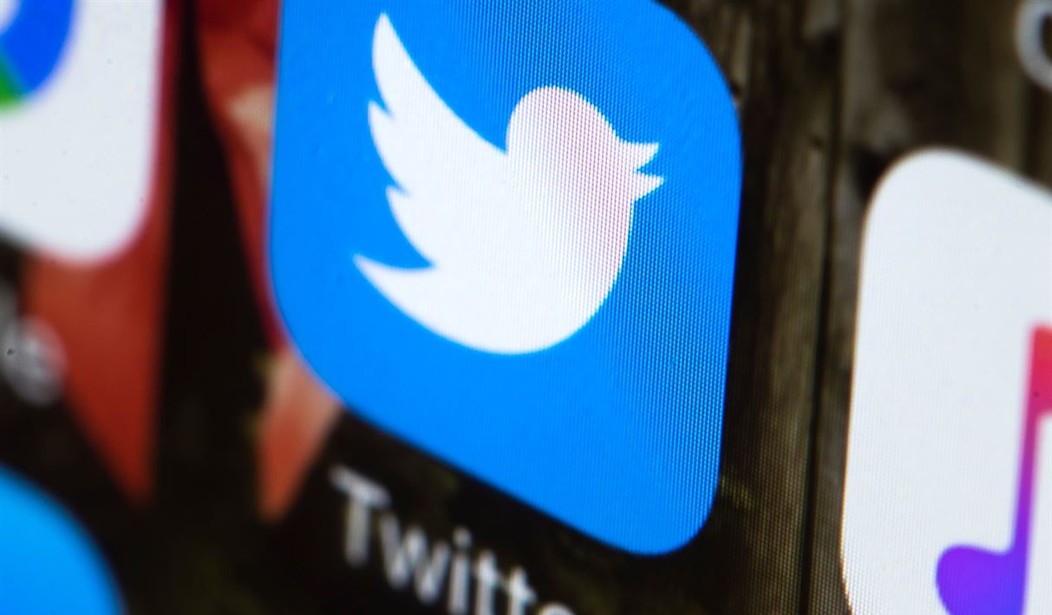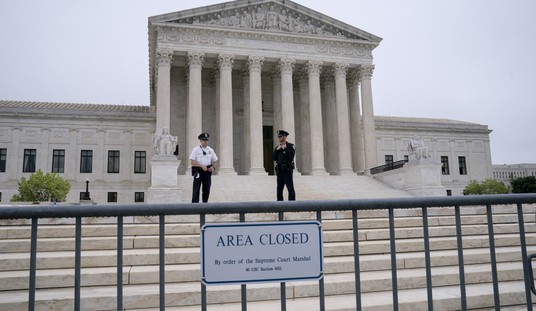
The truth about internet outrage mobs is that they’re incredibly loud while being a small portion of the overall populace. The “silent majority” tends to make up their minds about an issue — as their name implies — quietly. The effects of their decisions often go under the radar, but rest assured, they’re felt by whoever the decisions were made for or against.
The fun thing about the silent majority and the outrage mobs is that when the two go head to head, outrage mobs tend to win fleeting victories on a small scale, but in the end, despite these battles being won, the silent majority tends to win the war. Right now there is a war ongoing between the two in the form of “cancel culture.”
For those of you unfamiliar with “cancel culture,” it essentially works like this…
Let’s say that years ago you tweeted a joke about the transgender community that you thought was rather innocuous. For one reason or another, a spotlight falls on you and that naturally attracts a lot of attention, including that of the social justice community. Various internet denizens and maybe even some reporters begin combing through your history and find the tweet. These tweets are sent out around social media. An outraged mob is generated, and they begin to dogpile, not just you, but anyone associated with you, including your business. Especially your business.
The business, unwilling to shoulder the bad PR you brought to their doorstep fire you in capitulation. Their hope is that the move will not only help them quell the mob threatening their business with both threats of monetary destruction and very real destruction, but they also hope to send a message of “we don’t support bigotry.” Whether you were bigoted in your joke or not, it doesn’t matter. The public’s perception is that you are, and the businesses don’t want to be seen supporting bigotry. You’re fired, the mob obtains a victory, and the idea that threats and intimidation works are further reinforced.
Congrats. You’ve been canceled.
Cancel culture is more often than not, unfair. The whole story is very rarely told, if not completely fabricated or blown out of proportion. Good people’s lives are too often ruined for simple social media posts that go back years. A perfect example is the story of Carson King, who turned a joke about needing beer money into a major charity drive, raising over $1 million for a children’s hospital. The Des Moines register went back through his tweet history and found a joke that comedian Daniel Tosh had made that King quoted. The outlet released brought this tweet to the public and things began to go downhill for King. He was quickly abandoned by Anheuser-Busch who had promised to match King’s fundraising. They still did but made it clear that they wanted nothing to do with him beyond it.
King’s story ends well, with widespread recognition and rewards, the Des Moines Register looking like villains, the reporter who exposed his tweet fired, and children’s hospitals becoming $2 million richer. Anhaeuser-Busch, however, didn’t get much blowback for their decisions. I found this to be unfair and still do. I’m of the opinion that AB should have been held accountable for caving to the mob.
(READ: Anheuser-Busch Shouldn’t Get Off Light for Caving to “Cancel Culture” Against a Charitable Man)
Now, Harry Potter author J.K Rowling is also facing the mob for her views about transgenderism, or more accurately, her views about biological women need to be protected and recognized. She’s been labeled a “TERF” or Trans-Exclusionary Radical Feminist and has watched as people and businesses whom she used to admire begin caving to the mob. She wrote in a blog post on Wednesday her view of being the target of cancel culture:
If you didn’t already know – and why should you? – ‘TERF’ is an acronym coined by trans activists, which stands for Trans-Exclusionary Radical Feminist. In practice, a huge and diverse cross-section of women are currently being called TERFs and the vast majority have never been radical feminists. Examples of so-called TERFs range from the mother of a gay child who was afraid their child wanted to transition to escape homophobic bullying, to a hitherto totally unfeminist older lady who’s vowed never to visit Marks & Spencer again because they’re allowing any man who says they identify as a woman into the women’s changing rooms. Ironically, radical feminists aren’t even trans-exclusionary – they include trans men in their feminism, because they were born women.
But accusations of TERFery have been sufficient to intimidate many people, institutions and organisations I once admired, who’re cowering before the tactics of the playground. ‘They’ll call us transphobic!’ ‘They’ll say I hate trans people!’ What next, they’ll say you’ve got fleas? Speaking as a biological woman, a lot of people in positions of power really need to grow a pair (which is doubtless literally possible, according to the kind of people who argue that clownfish prove humans aren’t a dimorphic species).
The fact is, cancel culture only works if the punishment has a lasting effect. The mob, while loud and intense, is fickle. Give them a couple of days and they’ll find a new thing to be outraged about, completely forgetting about you and moving on to the next shiny object. It can be scary and stressful, but that kind of attention means little to nothing in the long run. The lasting effect comes from the monetary harm done to you during that flavor-of-the-week moment. You being fired or your sponsors pulling out.
The truth is, cancel culture is probably not going to go away. People uniting to bully someone has been a bad habit of humanity since we were banging rocks into other rocks to make weapons. What we can do, however, is blunt the mob’s modern, and that means making it clear to corporations and businesses that participate in cancel culture by caving that doing so will result in the aforementioned silent majority turning its back on them.
Monetary harm brought against a singular person in capitulation to an unjust mob will mean monetary harm brought against the business by a severe reduction in patronage. If a business like Starbucks or Target want to fire an employee for something that was said nearly a decade ago, then there are a myriad of stores and coffee shops that could use your patronage that aren’t them.
Am I saying that we need to cancel the cancellers? Yes and no. Boycotts are a perfectly natural thing and while they very rarely work in the long term, sometimes all you need to teach a business a lesson is to give them a figurative black eye. Proctor and Gambel lost billions after Gillette began to issue forth social justice messaging against men. Dick’s Sporting Goods began preaching about the dangers of firearms and virtue signaling about more gun control and watched as its patronage sloughed off like a melting iceberg.
If the company truly sides with the mob, it may find itself taking the loss as a scar it wears proudly, but that doesn’t matter. The point is that other companies saw it happen and would rather not incite the slow-moving but highly effective wrath of the silent majority in order to appease the fickle and ultimately impotent rage of the online outrage mobs.
Your wallet is a much more effective long-term weapon than an angry tweet.













